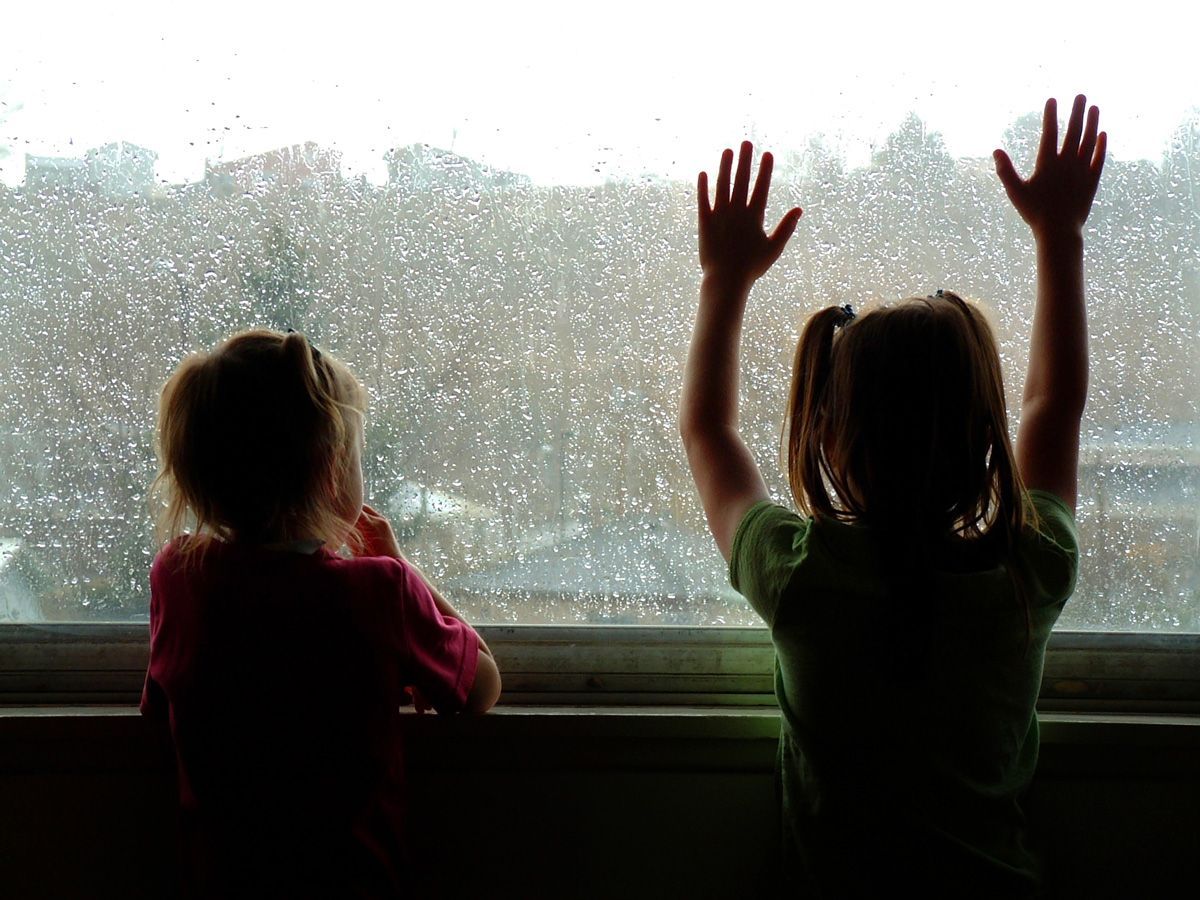Unplugged and Outdoors: Nature-Based Activities for Warm-Weather Weekends
In today’s world, kids (and adults!) spend a lot of time on screens—phones, tablets, TVs, and games can easily take over free time. But nature has a way of calming our minds, boosting creativity, and strengthening family connections. Warm-weather weekends are the perfect chance to unplug, step outside, and enjoy the simple pleasures that the outdoors offers.
Here are some easy, low-cost ideas for nature-based activities your family can try this summer.
1. Go on a Nature Hike
Find a nearby trail, park, or even a path around your neighborhood. Encourage your kids to notice the details—shapes of leaves, sounds of birds, or patterns in rocks. Turn it into a scavenger hunt by making a list of things to find, like a feather, a yellow flower, or a butterfly.
2. Plan a Picnic in the Park
There’s something special about eating outside. Pack simple sandwiches, fruit, and snacks, and bring a blanket. Let your kids help choose the menu. After the meal, play tag, toss a Frisbee, or just lay back and cloud-watch together.
3. Camp in Your Backyard
If a full camping trip feels overwhelming, bring the adventure to your own backyard. Pitch a tent, roast marshmallows (or make s’mores in the oven), and tell stories under the stars. Kids love the excitement of “camping out” close to home.
4. Visit a Local Farm or Farmers Market
Many farms welcome visitors for berry picking, sunflower fields, or petting zoos. Farmers markets are also a great way to connect kids with where food comes from. Let them choose a fruit or veggie to try at home.
5. Create a Family Garden Project
You don’t need a huge yard to grow something. Try a raised bed, a few pots on the patio, or even a windowsill herb garden. Kids love planting seeds, watering plants, and watching them grow. It teaches responsibility and patience while bringing the family together.
6. Go Fishing or Pond Dipping
Grab a simple pole and head to a local pond or lake. Even if you don’t catch much, kids will love the adventure. For little ones, pond dipping with nets to catch (and release) minnows or tadpoles can be just as exciting.
7. Enjoy a “No Screens Saturday” Challenge
Pick one day where the whole family commits to being screen-free. Plan a mix of outdoor games, bike rides, nature crafts, and simple downtime outside. It can be refreshing for both kids and parents to take a full break from technology.
8. Explore State or National Parks
Indiana has incredible parks like Turkey Run and McCormick’s Creek, perfect for day trips. Pack a lunch and make it a full-day adventure. The beauty of these parks often becomes a tradition that families look forward to year after year.
Why Nature Matters
Spending time outdoors reduces stress, boosts mood, and encourages healthy habits. For kids, it builds resilience, independence, and creativity. For families, it provides a chance to reconnect without distractions.
Warm-weather weekends are fleeting—so put down the devices, grab your sunscreen and water bottles, and head outside. The memories you create will last much longer than any video game or TV show.
This post was written by Chelle Hendershot, who is a dedicated Mediator, Guardian ad Litem, and Parenting Coordinator at Hope For Our Future, LLC, with a passion for helping individuals and families navigate through life's most challenging moments. This post is not intended to be legal advice and is for marketing purposes only.


